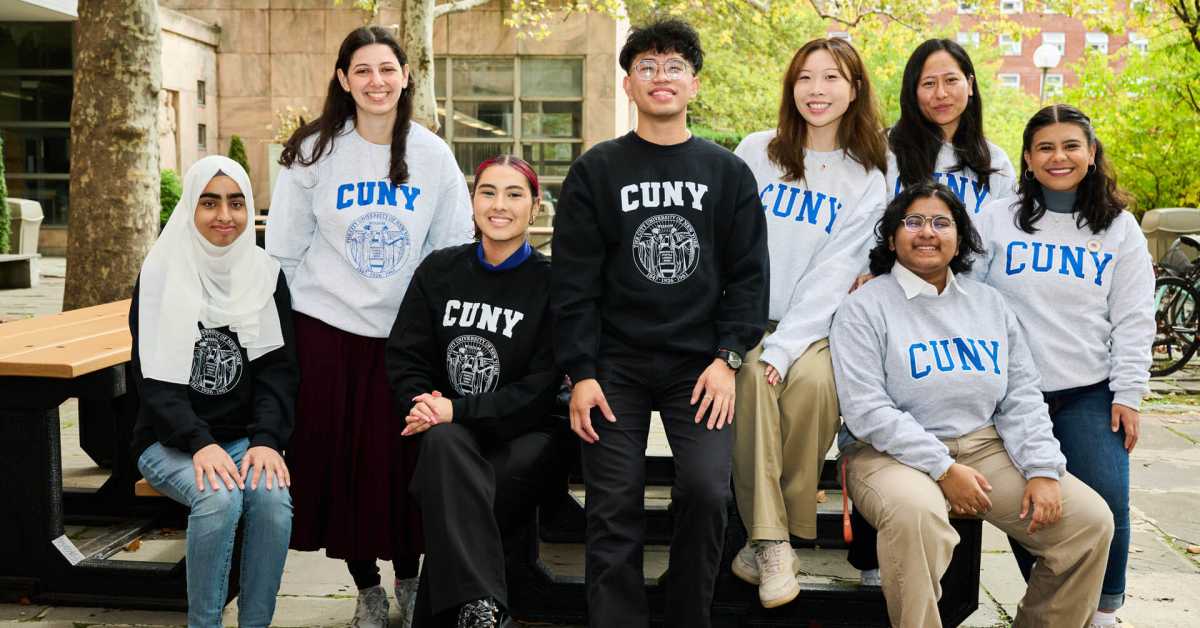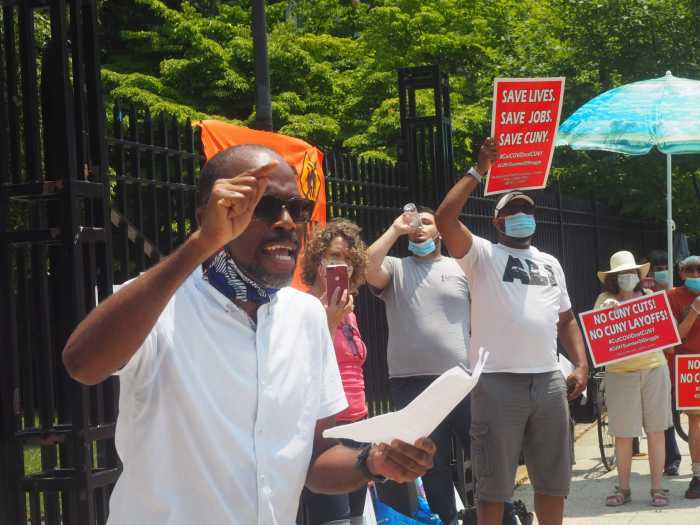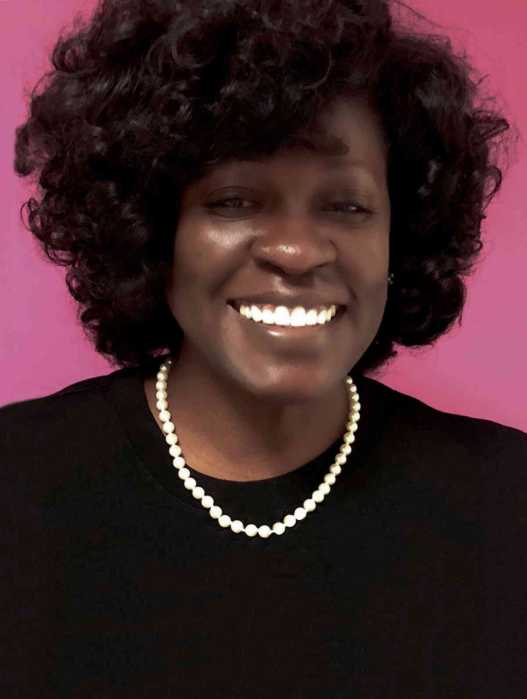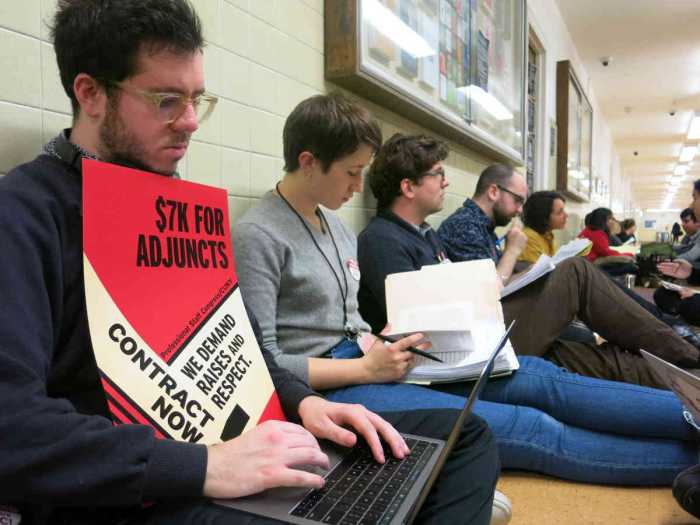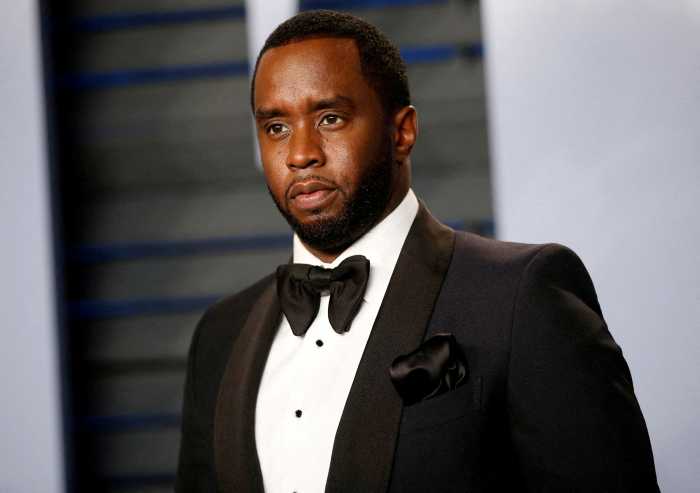As Juan Paredes nears graduation at LaGuardia Community College, he is taking a big step not only toward his degree but toward his career. Juan, a 21-year-old network administration and information security major, is participating in an apprenticeship program offered in partnership with the New York Jobs CEO Council.
Since September, Juan has been working 19 hours a week at Mastercard – one of 44 CUNY students working at major companies this year through apprenticeships at CEO Council member organizations. Unlike internships, which are often unpaid, these apprenticeships provide academic credit, a wage paid by employers, and are designed to lead directly to jobs. It’s an experience that is giving students invaluable knowledge, exposure, immediate employment and – studies indicate – a long-term leg up.
Before the apprenticeship, Juan says, he had only a vague notion of what his future might be or how he would get there. “I was thinking I would get out of school and get some help-desk job and kind of go from there,” he said. “The apprenticeship has really opened my eyes to career possibilities.”
In fact, it has already made those possibilities real. The apprenticeship ends next month, and Juan has accepted Mastercard’s offer of a full-time job after he graduates.
The Mastercard apprenticeships exemplify one of my highest priorities for CUNY: accelerating student career success. Over the past few years, we have been sharply focused on initiatives delivered in partnership with a diversity of employers that elevate this essential goal to the forefront of our mission.
Increasingly, CUNY colleges are stepping up their efforts to further integrate student career goals and related preparation into academic pathways. This work starts with supporting faculty, whose conventional training typically does not cover these strategies. For instance, this year, CUNY will scale the pilot CUNY Career Success Fellows to nearly 50 faculty, with the job of promoting strong relationships between classroom learning and career success.
Expanding access to paid internships and apprenticeships – and I emphasize paid – is at the heart of all of this. That’s because now more than ever, students need experience beyond the classroom to demonstrate the skills they have learned and build connections to the workplace before they graduate. Paid internships are opportunities to learn, earn and – maybe most important – acquire the social capital and professional relationships that are critical to securing jobs that lead to upward economic and social mobility. One recent study by Strada Education Network found that paid internships increase salaries for first jobs by more than $3,000 and make students more confident about their career prospects.
We want all CUNY students to have access to these opportunities, and to advance that goal we’ve forged industry partnerships with the New York Jobs CEO Council, a coalition of CEOs from some of the city’s largest employers that was created three years ago to provide access to high-potential jobs for underrepresented New Yorkers. Another industry partnership, CUNY Futures in Finance, was formed by Centerbridge Partners, Bloomberg LP and Goldman Sachs to connect businesses with CUNY talent and prepare students for careers in financial services. We collaborate with giants like Amazon and Google, as well as with small businesses, startups, nonprofits and government agencies. Partnerships like these allow us to meet employers’ needs and expand traditional entry points, bringing more CUNY students into critical roles and making their workforces – and the city’s – more equitable. That’s a way to create a launchpad for our students and New York City as a whole.
We’re also drawing increased support from our partners in the city and state governments. With strong backing from Mayor Adams, we have launched two major public-private partnerships – the $16-million CUNY Inclusive Economy initiative and CUNY Career Launch – that are expanding paid internships for our students. Meanwhile, this spring Governor Hochul implemented a state-funded program called Spring Forward to place 600 CUNY students in internships. And earlier this month, the governor announced a $2 million state investment to more than triple the number of apprenticeship programs embedded in CUNY associate degree programs from five to 17.
All these initiatives reinforce a defining principle: that work-based experience can – and should – be an integral part of academic programs. Internships have traditionally been considered secondary to the classroom – helpful but optional and typically unpaid. But to build on CUNY’s 175-year record as New York City’s gateway to opportunity, we can no longer think about internships as something disconnected from an academic degree. They are now a vital part of it.
Félix V. Matos Rodríguez is the Chancellor of the City University of New York.


